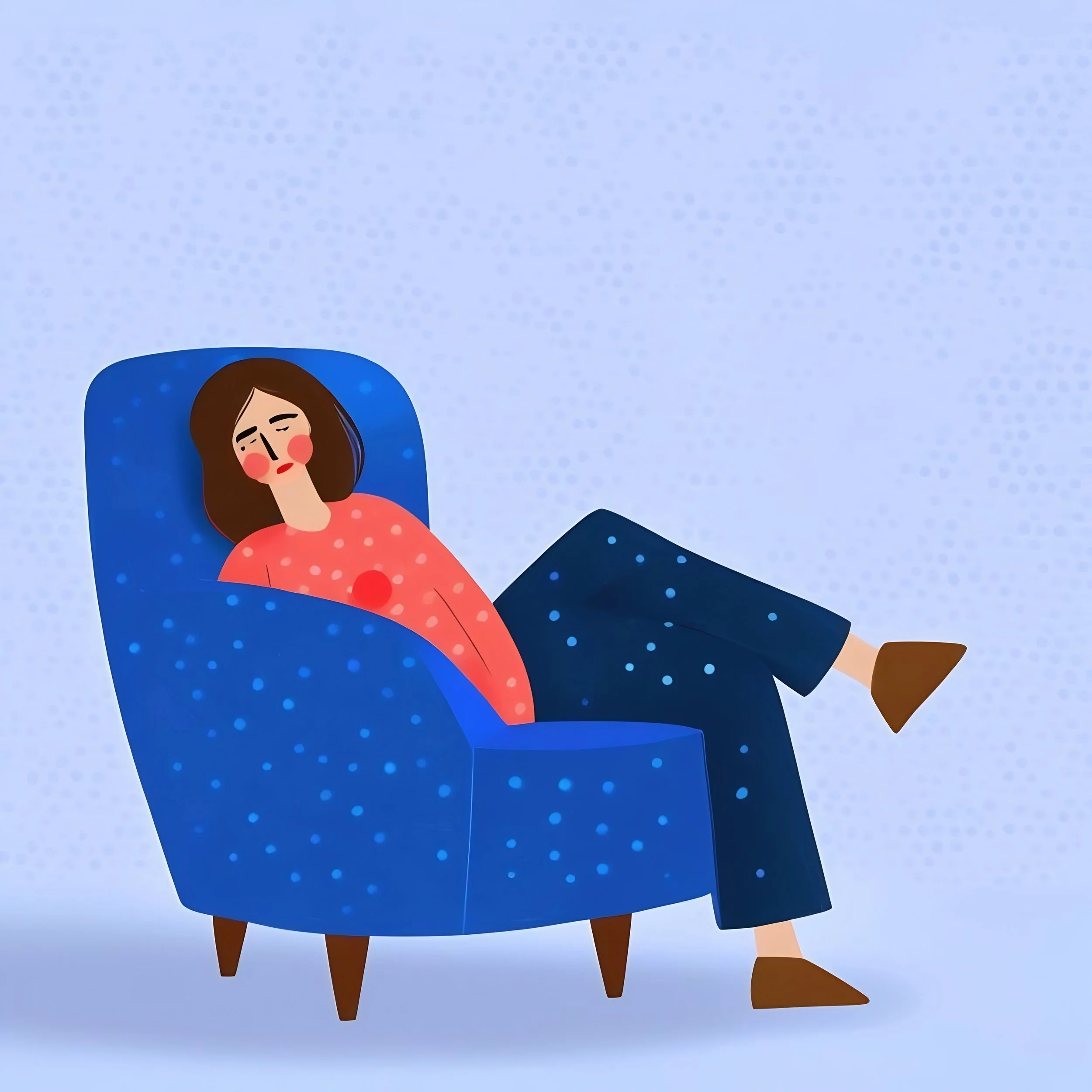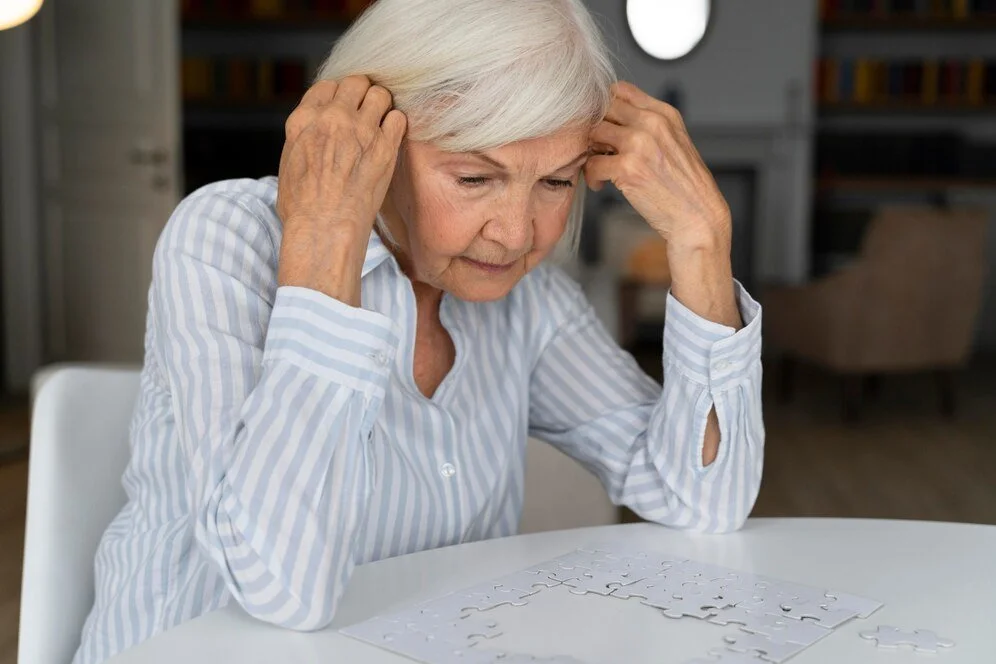Iron Deficiency & Fatigue in Menopause: Symptoms, Causes, Solutions
Last Updated 13 October 2024
Menopause marks a significant transition in a woman's life, bringing about various physiological changes that can impact overall health and well-being. Among the many challenges faced during this period, iron deficiency and its associated fatigue are often overlooked yet prevalent issues.
This article delves into the intricate relationship between iron deficiency and fatigue in menopausal women, exploring the symptoms, underlying causes, and effective solutions to address this common concern. By understanding the role of iron in maintaining energy levels and overall health during menopause, women can take proactive steps to ensure their well-being during this transformative phase of life.
Understanding Iron Deficiency in Menopause
Iron deficiency is a common nutritional disorder that can affect women of all ages, but it takes on particular significance during menopause. As women transition through menopause, several factors can contribute to iron deficiency:
Hormonal Changes: The decline in oestrogen levels can affect iron absorption and utilisation in the body.
Dietary Shifts: Changes in appetite or dietary preferences may lead to reduced iron intake.
Gastrointestinal Issues: Increased prevalence of digestive problems can impair iron absorption.
Chronic Health Conditions: Certain health issues more common in older adults can contribute to iron deficiency.
Iron plays a crucial role in various bodily functions, including oxygen transport, energy production, and cognitive function. When iron levels are low, these processes can be compromised, leading to a range of symptoms, with fatigue being one of the most prominent.
A study published in the Journal of Women's Health found that postmenopausal women with iron deficiency were significantly more likely to report fatigue and reduced quality of life compared to those with normal iron levels.
Recognising Symptoms of Iron Deficiency and Fatigue
Identifying iron deficiency and its associated fatigue in menopausal women can be challenging, as symptoms may overlap with other menopausal complaints. Key indicators include:
Persistent Fatigue: Feeling exhausted even after adequate rest.
Weakness: Reduced physical strength and endurance.
Shortness of Breath: Difficulty breathing, especially during physical activity.
Pale Skin: A noticeable loss of colour in the skin, particularly in the face, nails, and inside of the lower eyelids.
Cognitive Issues: Difficulty concentrating or memory problems.
Restless Leg Syndrome: An urge to move the legs, often accompanied by discomfort.
Headaches: Frequent headaches or migraines.
Hair Loss: Increased hair shedding or thinning.
It's important to note that these symptoms can vary in intensity and may develop gradually over time. A study in the journal Maturitas found that iron deficiency anaemia was present in 10% of postmenopausal women, with many more experiencing suboptimal iron levels without overt anaemia.
Causes of Iron Deficiency in Menopausal Women
Several factors can contribute to iron deficiency in menopausal women:
Inadequate Dietary Intake: Reduced consumption of iron-rich foods or following restrictive diets.
Malabsorption: Conditions like celiac disease or inflammatory bowel disease can impair iron absorption.
Chronic Blood Loss: Gastrointestinal conditions or heavy menstrual bleeding during perimenopause can lead to iron depletion.
Increased Iron Demands: Certain health conditions or medications can increase the body's iron requirements.
Hormonal Changes: Fluctuations in oestrogen levels can affect iron metabolism and absorption.
Research published in the American Journal of Clinical Nutrition has shown that postmenopausal women may have reduced iron absorption efficiency compared to premenopausal women, highlighting the importance of addressing iron intake during this life stage.
Diagnostic Approaches and Treatment Options
Proper diagnosis and treatment of iron deficiency in menopausal women are crucial for addressing fatigue and improving overall health. Diagnostic approaches include:
Blood Tests: Complete blood count (CBC) and serum ferritin levels to assess iron status.
Gastrointestinal Evaluation: To rule out sources of chronic blood loss or malabsorption.
Nutritional Assessment: Evaluation of dietary habits and potential nutrient deficiencies.
Treatment options may include:
Dietary Modifications: Increasing intake of iron-rich foods such as lean meats, leafy greens, and fortified cereals.
Iron Supplementation: Oral iron supplements may be prescribed, with dosage and duration determined by a healthcare provider.
Intravenous Iron Therapy: For severe cases or when oral supplements are not tolerated.
Addressing Underlying Causes: Treating any identified gastrointestinal issues or other contributing factors.
A systematic review in the journal Nutrients found that iron supplementation significantly improved fatigue symptoms in women with iron deficiency, even in the absence of anaemia.
Lifestyle Strategies for Managing Iron Levels and Fatigue
In addition to medical interventions, lifestyle strategies can play a crucial role in managing iron levels and combating fatigue during menopause:
Balanced Diet: Focus on iron-rich foods and pair them with vitamin C sources to enhance absorption.
Regular Exercise: Moderate physical activity can improve energy levels and overall well-being.
Stress Management: Techniques like meditation or yoga can help manage stress-related fatigue.
Adequate Sleep: Prioritise good sleep hygiene to support overall health and energy levels.
Hydration: Maintain proper fluid intake to support optimal bodily functions.
Limit Interfering Substances: Reduce consumption of foods and drinks that can inhibit iron absorption, such as tea, coffee, and calcium-rich foods, especially around meals.
Research published in the Journal of Nutrition, Health & Aging demonstrated that a comprehensive lifestyle intervention, including dietary changes and exercise, improved iron status and reduced fatigue in postmenopausal women.
Conclusion
Iron deficiency and its associated fatigue represent significant yet often overlooked challenges for menopausal women. By understanding the symptoms, causes, and available solutions, women can take proactive steps to address this issue and improve their overall quality of life during menopause.




